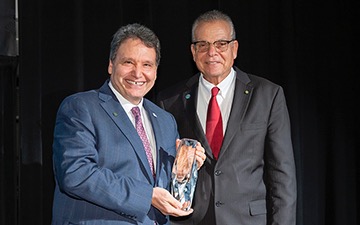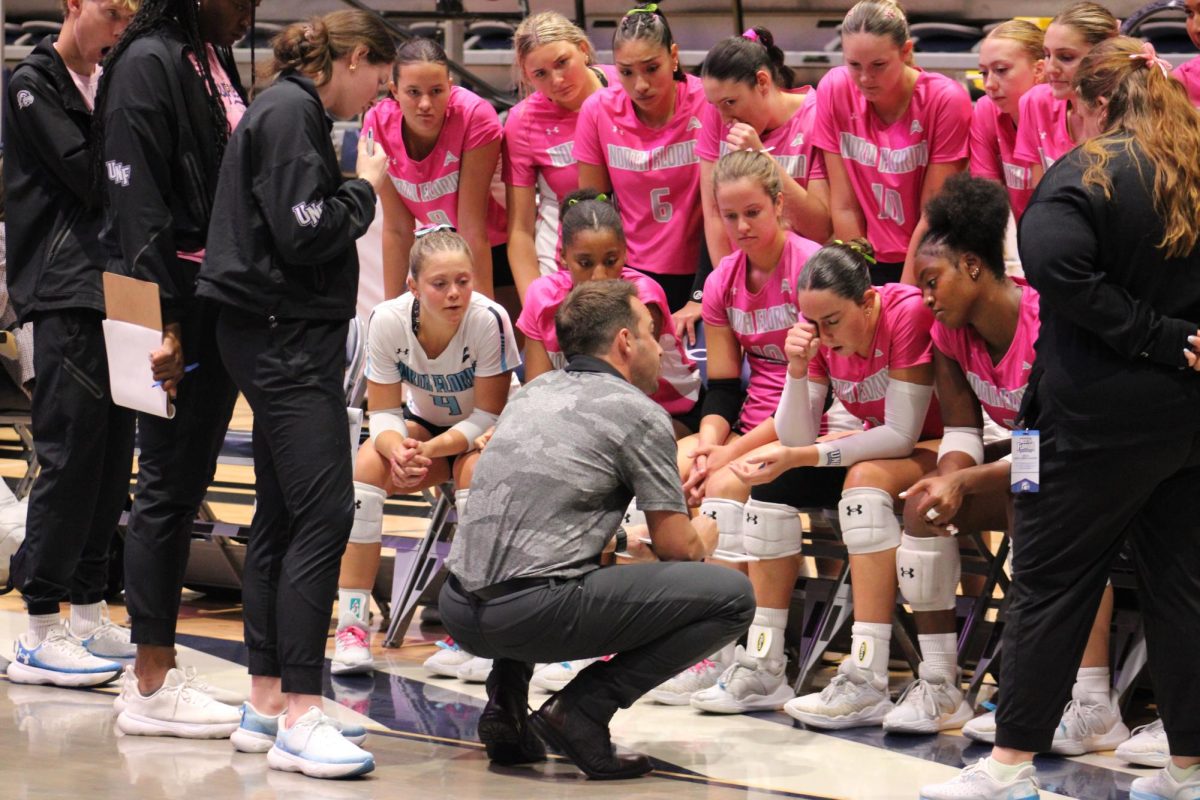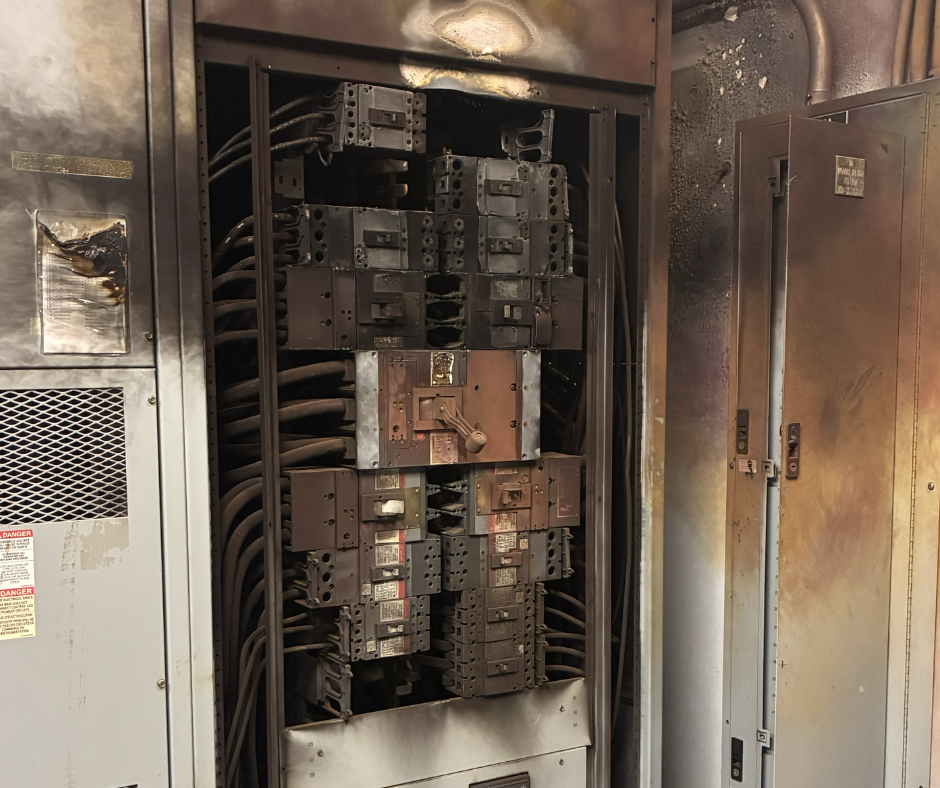If one takes a walk through campus, they’ll see people of all different backgrounds and walks of life. Perhaps you’d be friends with some of the people you pass, others, you probably would never be able to relate to at all. However, one thing is for certain, not one person you’ve passed hasn’t been affected by the COVID-19 pandemic.
The disease has been infecting the lives of college students for a while now, and everyone is sick of hearing about it, but like it or not the pandemic has caused shifts in society that will be long-lasting.
Researchers are still and will be continuously trying to understand the present and long-term social implications caused by the pandemic, as well as the political and economic consequences.
Elizabeth Brown is a professor of psychology at the University of North Florida with expertise in experimental social psychology and social psychology.
“During the COVID-19 pandemic, I have witnessed increased political polarization within society. Topics such as science, have become extremely political and there is a growing distrust of scientific experts,” said Brown.

Photo by Noah/Unsplash.
“From a psychological perspective, one way to cope with uncertainty is to stick to the status quo, basically stick with what you know and are familiar with. Some of the ways that this materializes is in the fact that we are more likely to seek the company of others who share our thoughts; we are also more likely to consume and seek out information that is consistent with our worldview. However, these tendencies for coping with uncertainty have the unfortunate consequence of further exacerbating the political polarization that we are experiencing as a society and have the potential for causing long-term harm to our relationships, families, and communities.”
Studies have shown that separation from loved ones, loss of freedom, uncertainty about the advancement of the disease, and the feeling of helplessness have led to an increase in suicides and heightened stress among young adults.
According to a new BestColleges.com survey, 95% of college students have experienced negative mental health symptoms as a result of COVID-19-related circumstances. Half of those students (48%) believe the mental health effects have directly affected their education.
The pandemic has even changed how people socialize and date now with the implementation of masks and social distancing in society as well as the growing implementation of virtual elements that challenge how we interact in person now.
As the pandemic drags on, time will only tell what societal shifts will be seen next.
If you find yourself struggling with the new unforeseen changes, you’re not alone.
For further help and resources visit or contact the UNF counseling center.
National Suicide Prevention Lifeline: 800-273-8255
___
For more information or news tips, or if you see an error in this story or have any compliments or concerns, contact editor@unfspinnaker.com.
















